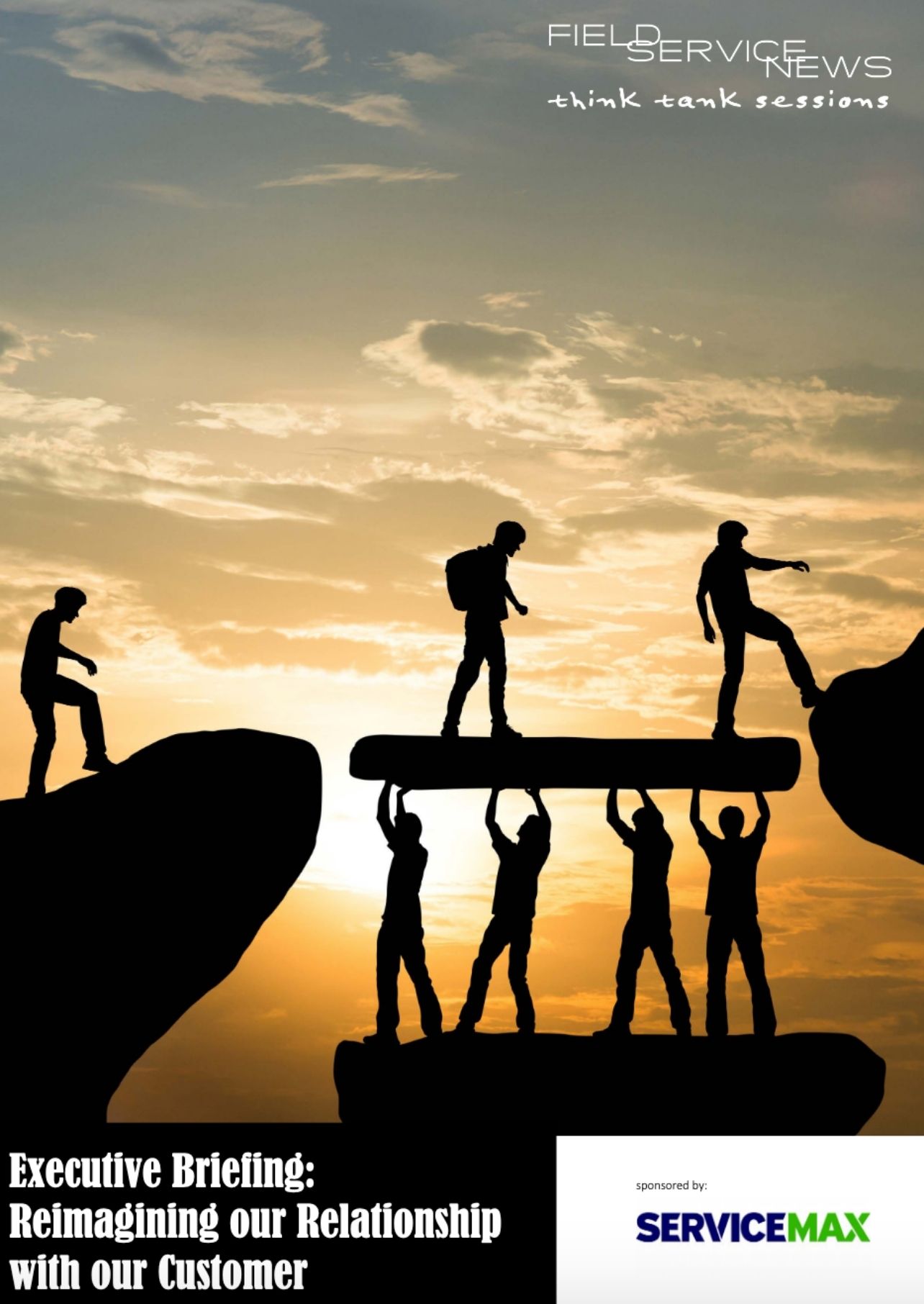The Biggest Immediate Change we will see in the Aftermath of Covid-19
The language around the impact of the Covid-19 crisis has been dramatic. However, it is not
hyperbolic, this really has been a once in a generation scenario that has shaken much of what
we knew to it’s very deepest roots. However, within every crisis comes opportunity, for every
moment of adversity there is greater learning. So what is the greatest change that we will see
in the immediate future that has been brought forward by Covid-19…
Tony Chapman, General Manager, Customer Services, Siemens
“I think the biggest change we will see moving forward is the fact that home working and remote support is now embedded in our
societies. My fear then is will we get paid for it?
“Because if we don’t get paid for it, I can’t pay the engineers and I can’t scale the engineers up and then we gradually lose that skill set that we’ve been talking so much about. I think that is the challenge for me, it will be monetizing that support strategy to make sure that we’ve still got enough money within this element to train our team up and keep your skills there.”
Daniel Brabec, Director, Digital Transformation, Service Max
“One of the biggest things that we’re going to see is a shift in capacity planning, especially for multi-national organizations. Let’s use New Zealand as an example. They’ve eased all restrictions within the country, their people can move freely going back to work mostly as usual, but that doesn’t include anyone from the outside. So, no one from the outside can come in as an expert to fix a piece of equipment. Companies are going to have to start to think about the structure of the organization, the structure of their technician teams.
“Where they’re located, what skill sets they have in those various locations to meet the demands of the work moving forward. I think they’re really, you’re going to have to focus on the training and capacity planning to ensure you’re able to meet those uptime,requirements and other challenges that you have into the future.”
The language around the impact of the Covid-19 crisis has been dramatic. However, it is not hyperbolic, this really has been a once in a generation scenario that has shaken much of what we knew to it’s very deepest roots. However, within every crisis comes opportunity, for every moment of adversity there is greater learning. So what is the greatest change that we will see in the immediate future that has been brought forward by Covid-19…
Jan van Veen, Founder, More Momentum
“I think our biggest risk is thinking we know exactly what’s going to change and anticipating that, and then be taken by surprise. I would say customer needs are going to change several times in a row. Right now, they need something to overcome this current period. However, then it will change again and will change again. The priorities of our clients are going to change, make sure
you know it and adapt to it. An interesting example is in some sectors, the challenges are not about any more about uptime and efficiency. That’s not the problem anymore. It’s about cost savings, because that’s the main priority now.”
Ged Cranny, Konica Minolta, BEU
“We’re going to have to get our specialists working with our customers; we’ve got to get our specialists in one place. We pay them the most; they do the least. If we could go back to the service desk and make our engineers generalists and find the person who can get the customer site quicker to keep the uptime for the customer.
“If we can empower them to do a great job if we have to hit the field site and use our specialists to make them clever utilizing visual visualization tools and remote diagnostics and such like with the machine.
“We as a business and as a community have got to start realizing knowledge is of value and be proud of it and stop being worried about standing up and saying, you know, we spent a lot of money. We spend a lot in our service school, fourteen days a year was put
aside for each engineer to go to service schools. Once you start getting into hundreds of engineers, this is an expensive part of the operation. Yet, we don’t proudly stand up and talk about how we, as a company, have invested in this knowledge.”
Kieran Notter, VP Global Customer Transformation, ServiceMax
I think a lot of companies that you wouldn’t usually expect are currently using hope as a policy and a plan because they don’t know where it’s going. They don’t know what’s happening.
From an immediate impact of what’s happening now, I think one of the biggest challenges we will face as service organizations is the backlog of work that is out there, especially if you have a heavy maintenance schedule. The worry for many companies I would imagine is they’ll work on this backlog immediately. Still, if there is anything around time-based, periodic maintenance, that backlog
and spike is going to occur every year from now until they work out a way of doing it differently.
I think from a longer-term plan that the gig economy, which has been something many companies have talked about but never really delivered on but Covid-19 has become a compelling event in their organizations to start looking at that in a much bigger, faster manner.
This brings other problems to the fore. Which would then cause other issues such as how do you protect your brand? How do you protect your data? How do you upskill those technicians? How do you get into training for those? What level of work do you get them to do? Do you get them to do the maintenance, the repetitive call types and keep your specialist for the break-fix? I think that
that’s the sort of elements that the world is going through. That is also why I believe hope is still a plan for many because they don’t know what’s going to happen.
All members of the Field Service Think Tanks are speaking from their own personal opinions which are not necessarily reflective of the organisations they work for.


Data usage note: By accessing this content you consent to the contact details submitted when you registered as a subscriber to fieldservicenews.com to be shared with the listed sponsor of this premium content Service Max who may contact you for legitimate business reasons to discuss the content of this briefing report.


